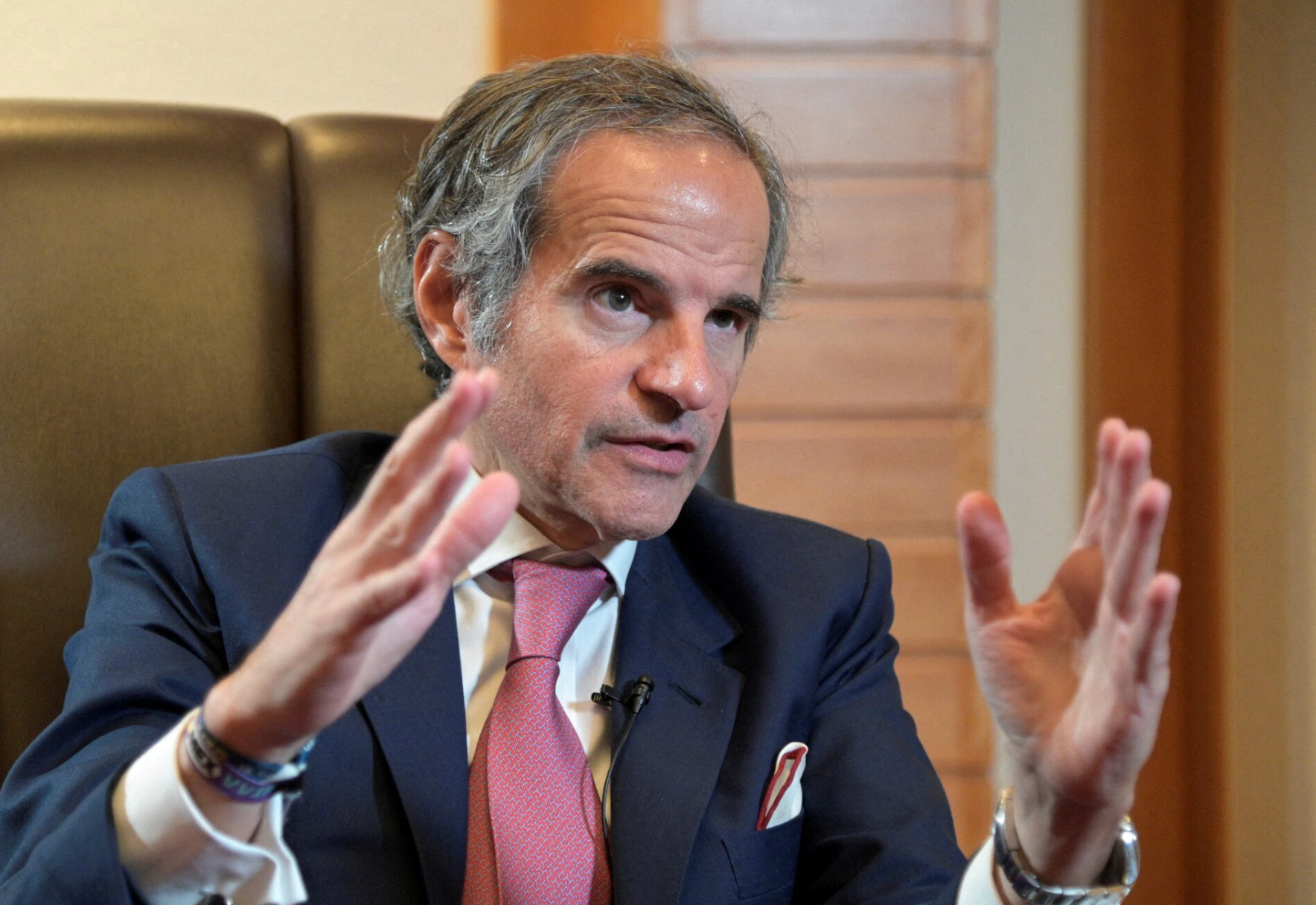The UN’s nuclear watchdog this week voted to censure Iran for not cooperating with its inspectors, which is basically the geopolitical equivalent of writing an angry Yelp review.
What will this do? Not much! “The censure on its own won’t have much of an impact, as it’s a symbolic move,” says Gregory Brew, an Iran expert at Eurasia Group. Censure can sometimes be used to refer an issue to the UN Security Council. But Brew says that won’t happen this time because the language doesn’t call for it — besides, everyone would expect Russia and China to veto such a move.
RIP, 2015 nuclear deal. Since then-President Donald Trump withdrew the US from the 2015 nuclear deal in 2018, Iran abandoned the agreement, and efforts by the Biden administration to revive the pact have fallen short. The censure is a direct product of all this.
“The nuclear deal is dead,” Brew says, and the main movers behind this censure were key European members of the agreement — Germany, UK, and France — “who are dissatisfied over the lack of progress on the nuclear issue.” The US, which supported the censure after initially pushing back on it, has been happy to keep nuclear talks with Tehran in relative limbo until after the 2024 election, but its European pals aren’t on board.
